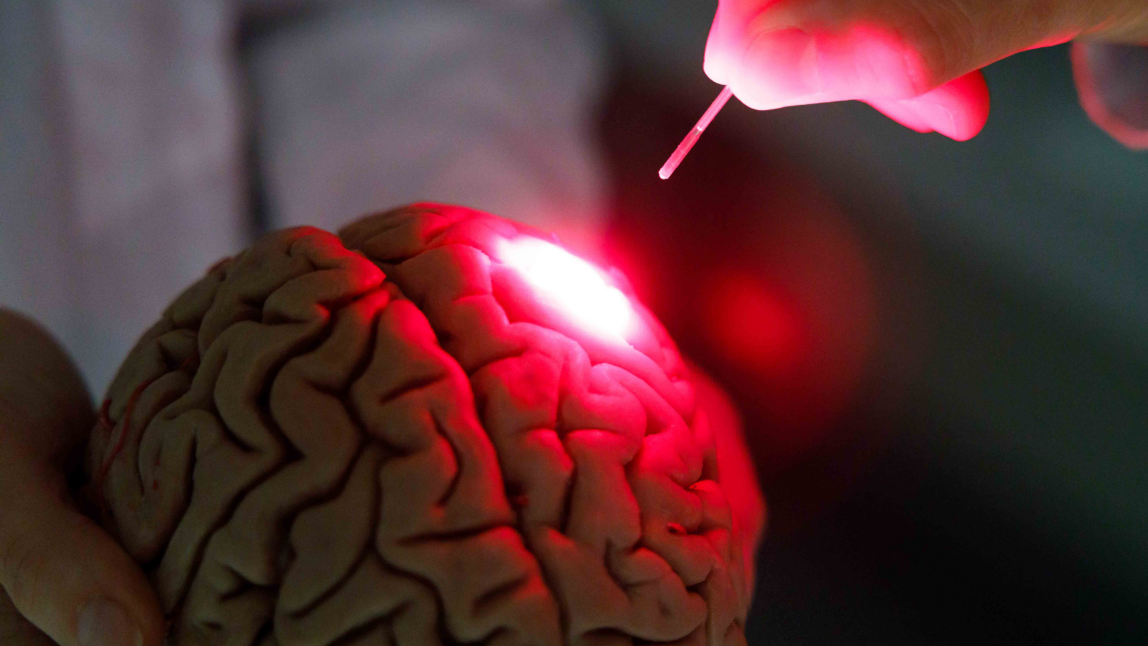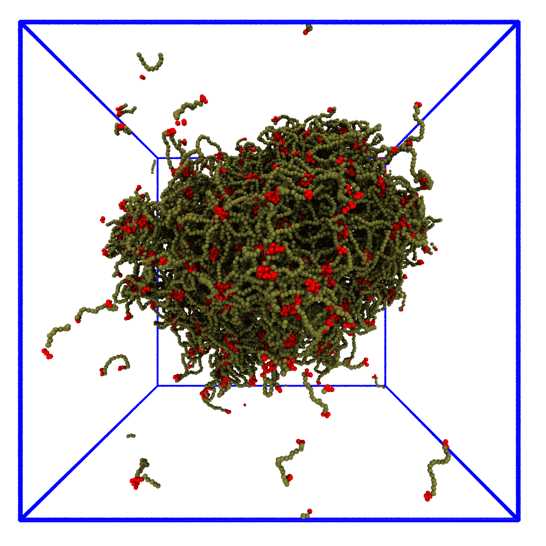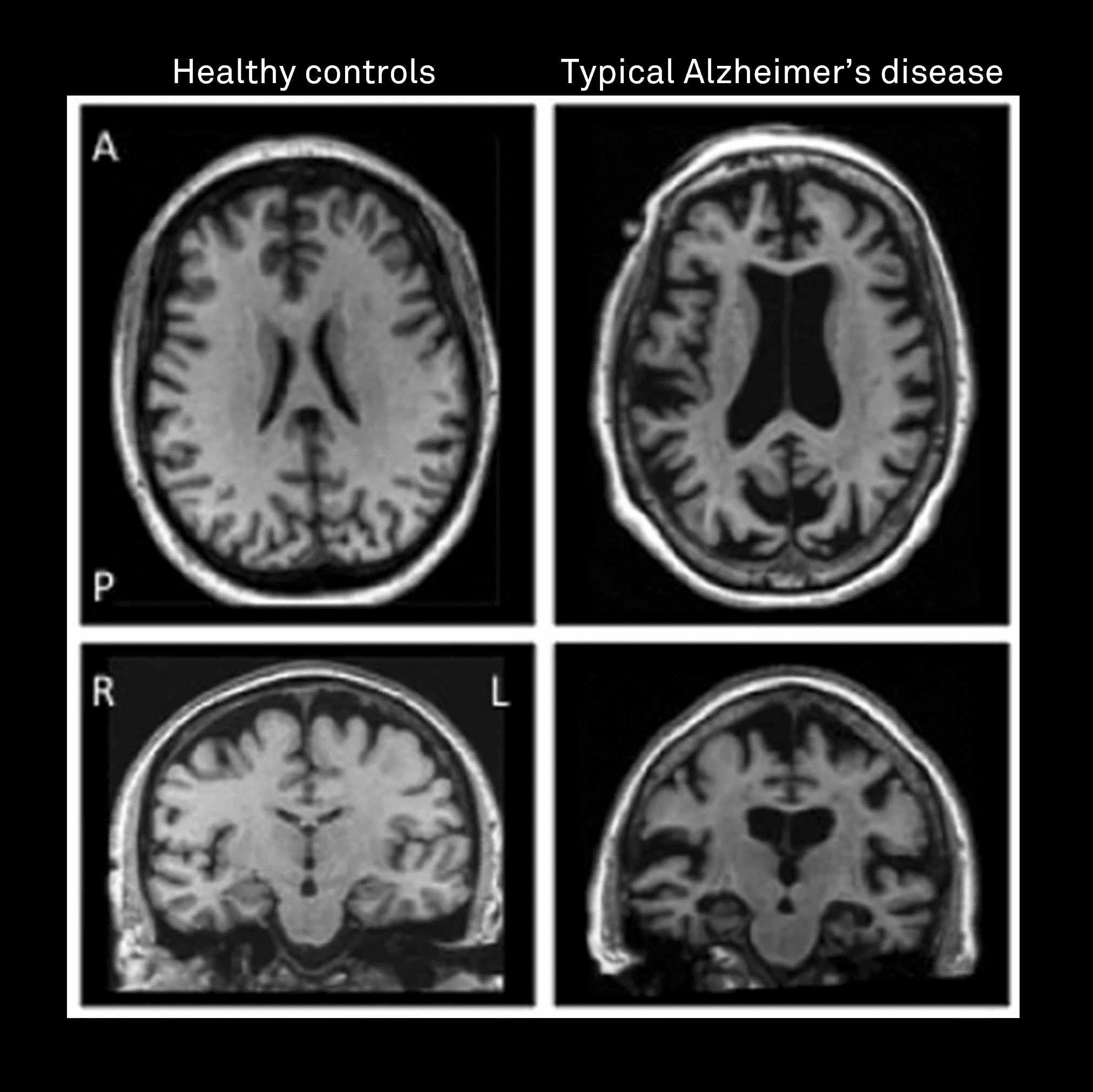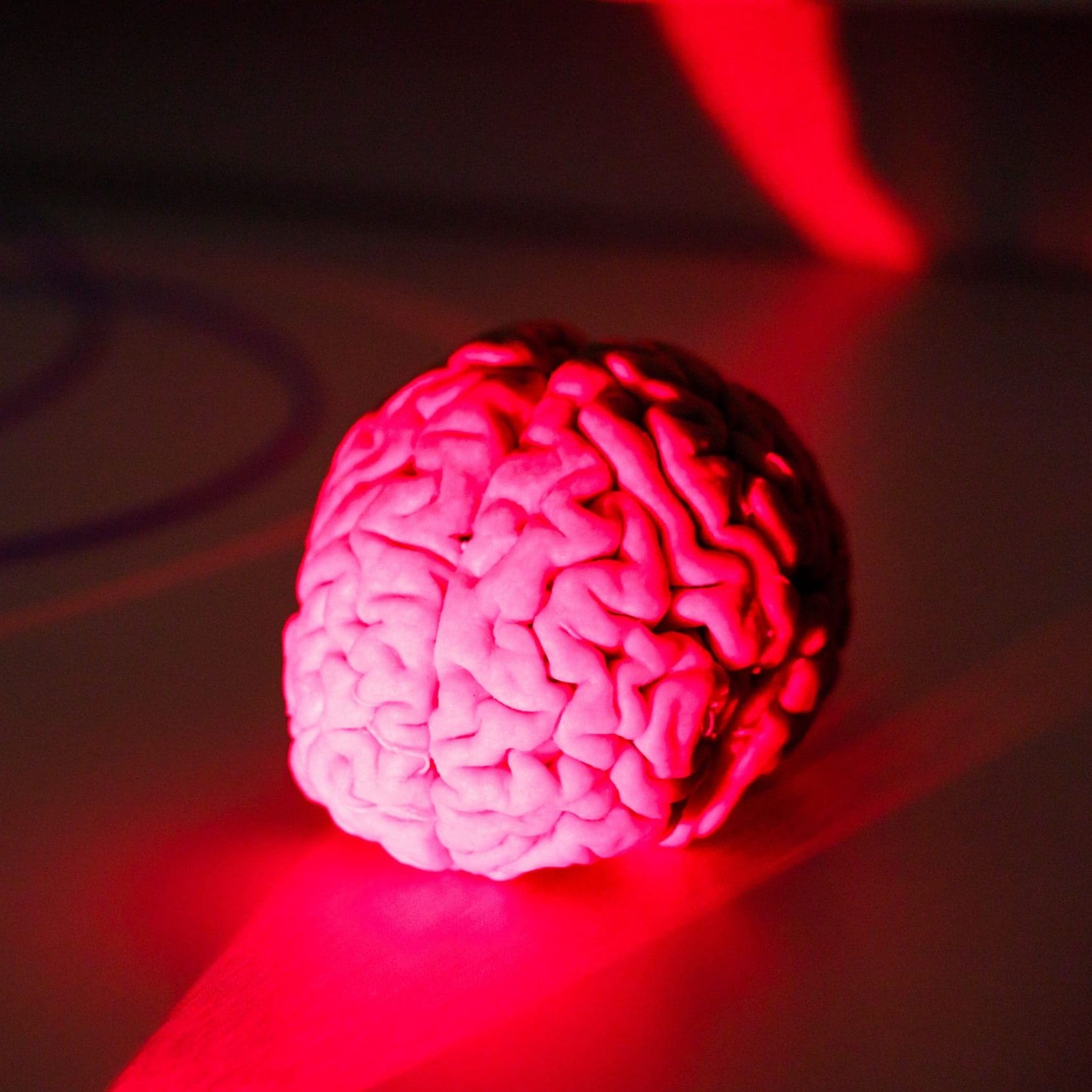Photobiomodulation
Shining light on the brain as a potential therapy for neurodegenerative disorders

Goal | Treating Parkinson’s and Alzheimer’s diseases with photobiomodulation
Status | Completed
Timeframe | –
Area of Research | Neuromodulation
Partners | EPFL
Lead | Prof. Hilal Lashuel

From photosynthesis in plants to the photosensitive cells in our eyes, the ability of light to induce a biochemical reaction in living cells is well known. Using low powered, red and near infra-red light, researchers have explored the potential of this phenomenon, known as photobiomodulation (PBM), to stimulate healing, relieve pain and – in recent years – as a therapy for brain disorders.
Promising animal trial data from several laboratories, including the Lashuel lab at EPFL, suggest that illuminating the brain may slow down neurodegeneration and have protective effects, while others, such as researchers at the University Hospital of Grenoble, coordinated by the Clinatec research center, are exploring the effects of PBM deep inside the brain in people with Parkinson’s disease. Wyss Center researchers are working with Professor Lashuel’s team to explore the potential of using near infrared illumination of the brain as a therapy for Parkinson’s and Alzheimer’s diseases.
Rogue proteins drive neurodegenerative disease progression in the brain




The encouraging results from studies so far and parallels in protein pathology between Parkinson’s disease and other neurodegenerative disorders suggest that PBM may also work as a therapy for dementia. To investigate this hypothesis, the EPFL-Wyss Center collaboration is exploring the biological mechanisms behind the effects of PBM in Parkinson’s disease, Alzheimer’s disease and frontotemporal dementia.
Using multiple preclinical models that best mimic the key features of the diseases, the team is using a step-wise study design to assess the therapeutic potential of PBM alone as well as in combination with existing drugs and other state-of-the-art therapies such as electrical deep brain stimulation.
The collaboration also draws on expertise from the lab of Professor Philippe Renaud at EPFL whose team is developing a novel, microfluidic device to simultaneously deliver light and sample extracellular droplets containing the byproducts of PBM. This will enable the researchers to gain insights into the molecular and cellular mechanisms taking place around the brain cells at the exact locations that light is administered, in real-time.
The experimental work is being conducted in both EPFL and Wyss Center laboratories and combines expertise from the groups in neurobiology, microscopy, microfluidics, microsystems and pre-clinical neuroscience. In addition to Profs. Lashuel and Renaud, on the EPFL side, Honorary Prof. Hubert van den Bergh is also contributing to the scientific effort. The team plans to expand the collaboration to clinical partners in Switzerland and internationally.